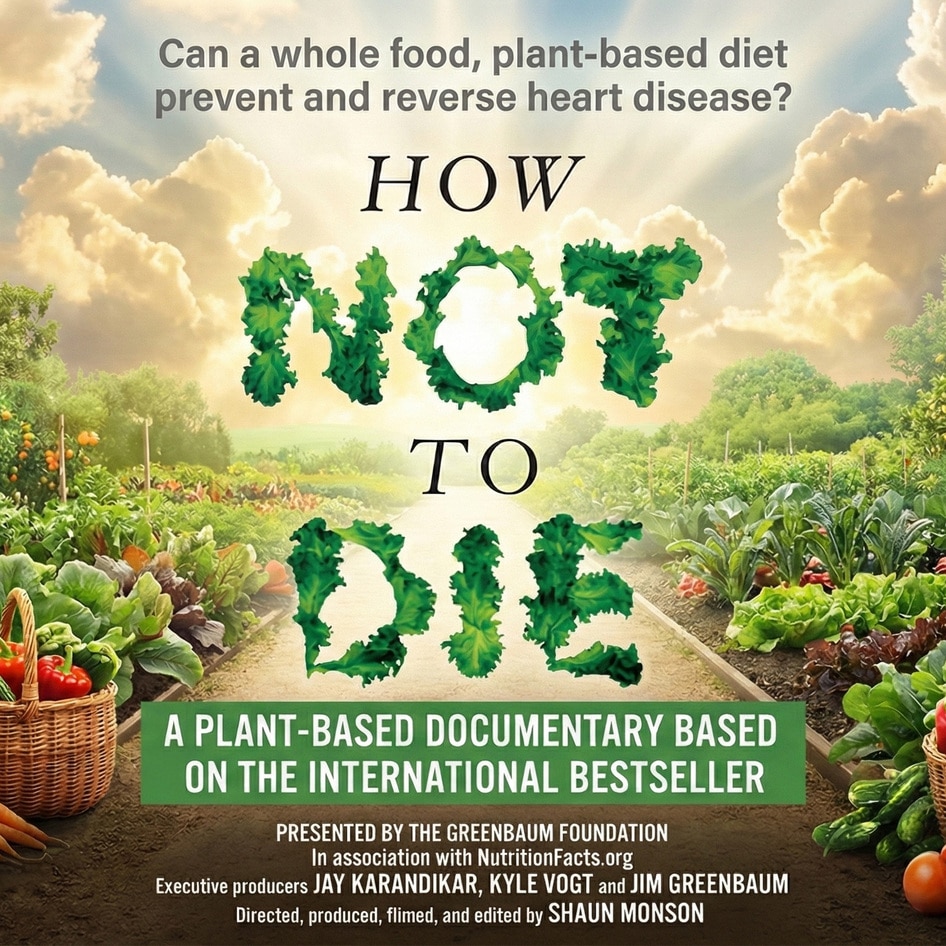There’s no doubt, plant-forward diets are rising in popularity. In fact, earlier this year, one report suggested that around 70 percent of Americans are opting for more plant-based foods. If you were to ask one of these people at random why they had decided to make the lifestyle shift, they might say they were persuaded by social media or by eye-opening documentaries like Cowspiracy or What the Health. But back in the early 2000s, in the age before Instagram and Netflix domination, one of the most impactful, plant-forward works was a book called The China Study. It hit the shelves in 2005, and, in just under a decade, managed to sell more than one million copies.
Just like Kip Anderson and Keegan Kuhn’s hard-hitting documentaries, the key message of The China Study—which was written by T. Colin Campbell, PhD, an American nutritional biochemist, and his son, Thomas M. Campbell II, MD—is that meat-heavy diets are seriously impacting our health. But what is the China Study, exactly? And is the book still credible today? Let’s jump in.
 T. Colin Campbell Center for Nutrition Studies
T. Colin Campbell Center for Nutrition Studies
What is the China Study?
The Campbells’ book was released in 2005, but it was based on a study that happened a few decades earlier in China.
Back in the early ’80s, Campbell, together with researchers from the University of Oxford and the Chinese Academy of Preventive Medicine, surveyed 6,500 people from 65 counties across rural China. They examined their diets, lifestyles, and health. Why? Because at that time, most followed diets that were vastly different from those in the West.
In ’80s China, most living in rural villages ate foods that were low in fat, high in fiber, and predominantly plant-based. While in America, meat and dairy were front and center. Sloppy Joes, pizza rolls, and Cool Ranch Doritos were just a few favorites, for example.
“The truly plant-based nature of the rural Chinese diet gave researchers a chance to compare plant-based diets with animal-based diets,” the T. Colin Campbell Center for Nutrition Studies, Campbell’s own nonprofit, notes.
At the end of the ’80s, the same 6,500 participants were surveyed again, alongside an extra 4,000 people from counties in mainland China and Taiwan.
It was this study, alongside many others, that provided the data for The China Study. In the book, both Campbell and Campbell II draw the conclusion that the way we eat in the West plays a significant role in increasing the risk of chronic diseases, like cancer and heart disease. The findings allowed Campbell to come up with his “8 Principles of Food and Health,” including #3 on the list: “There are virtually no nutrients in animal-based foods that are not better provided by plants.”
“Eating animals is a markedly different nutritional experience from eating plants,” Campbell notes. “Plant foods have dramatically more antioxidants, fiber, and minerals than animal foods. In fact, animal foods are almost completely devoid of several of these nutrients plus they have much more cholesterol and fat.”
BECOME A VEGNEWS VIP: Get exclusive product deals, freebies, and perks galore!
Is ‘The China Study’ still credible?
While The China Study was released nearly two decades ago, it remains a key part of a growing body of research that links diet to an increased risk of disease. Since it was published, there have been multiple studies released that back up its core notion: animal products might not be that good for us, especially if they are processed.
In fact, over the last few years, research has linked processed meat and dairy to a higher risk of diseases including colorectal cancer, type 2 diabetes, heart disease, dementia, breast cancer, and prostate cancer. A whole food, plant-based diet, on the other hand, has been linked with a reduced risk of chronic disease on multiple occasions.
As well as the T. Colin Campbell Center for Nutrition Studies, a number of organizations are committed to plant-based diet advocacy and education now, including the Physicians Committee for Responsible Medicine (PCRM), which was founded by Neal Barnard, MD, and counts more than 17,000 physicians in its members. In the UK, there’s a similar platform called Plant Based Health Professionals, which was co-founded in 2021 by Shireen Kassam, MBBS, FRCPath, PhD.
And just like The China Study, all of these organizations champion the message that the way we eat really can have a dramatic impact on our health. “We recognize that unhealthy diets are one of the top causes of ill health in the UK,” Kassam said back in 2021. “Adopting a plant-based diet is one of the healthiest choices there is.”
For more on plant-based diets and health, read:
JUMP TO ... Latest News | Recipes | Guides | Health | Subscribe
Here at VegNews, we live and breathe the plant-based lifestyle, and only recommend products we feel make our lives amazing. Occasionally, articles may include shopping links where we might earn a small commission, but in no way does this effect the editorial integrity of VegNews.










